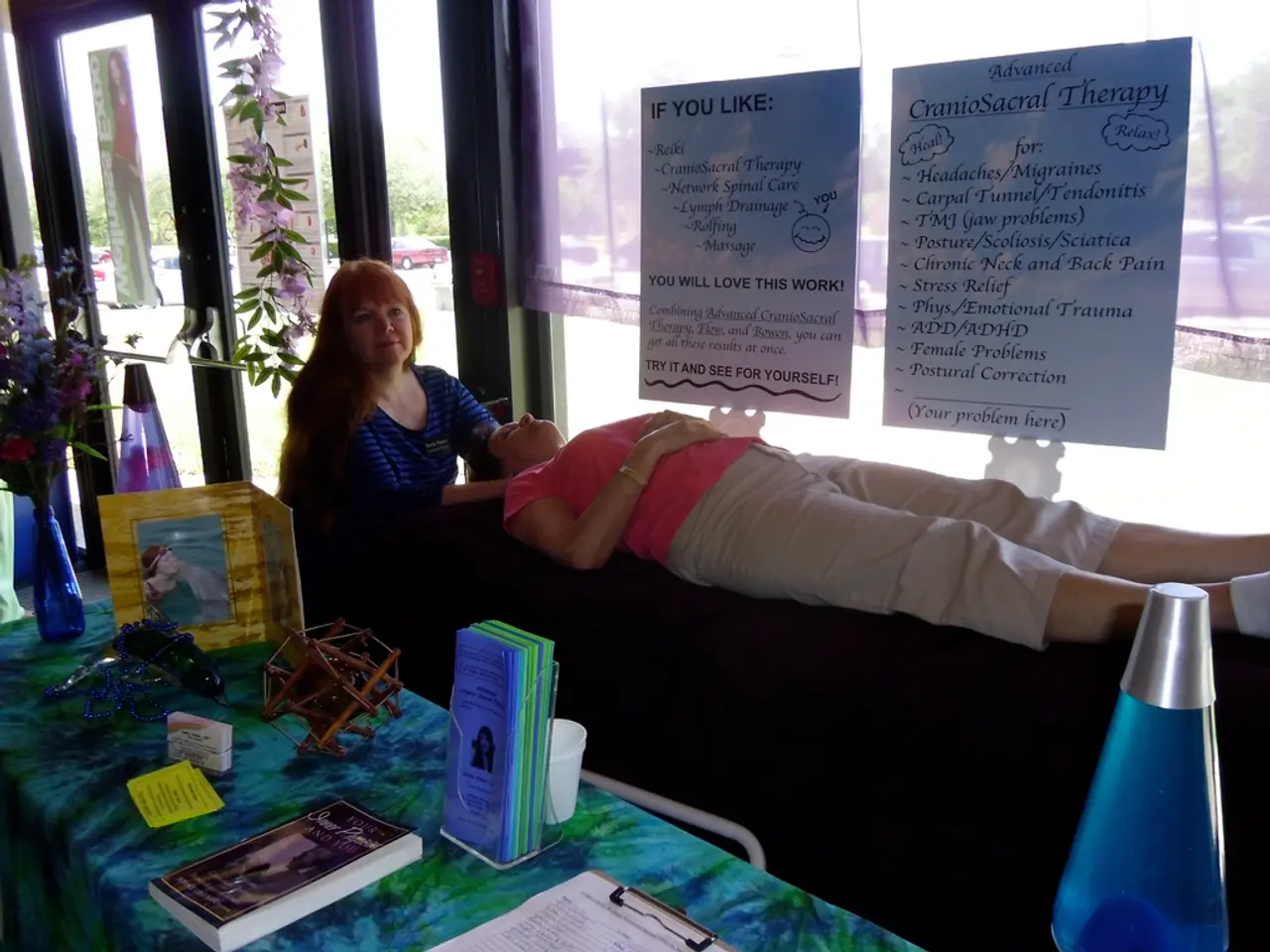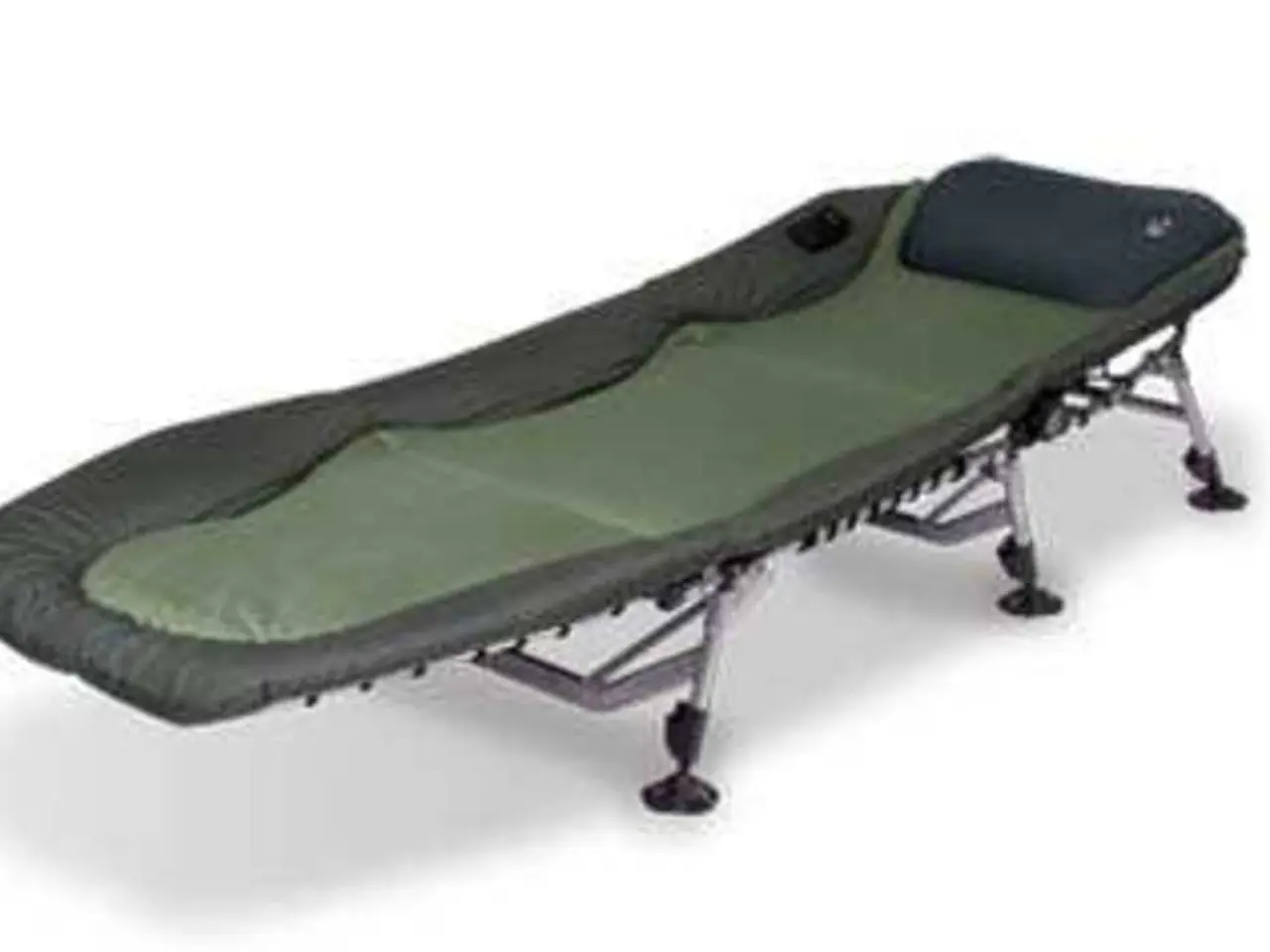Mental Health: Triggers, indicators, remedies, and further insights on depression
Depression, a mood disorder characterized by persistent feelings of sadness, emptiness, and loss of joy, affects millions of people worldwide. It can impact adults, adolescents, and children, and its symptoms can range from mild to severe.
One of the most common types of depression is Major Depressive Disorder (MDD), which involves episodes of symptoms that last for at least two weeks. Other types include Persistent Depressive Disorder (Dysthymia), a milder but chronic form of depression lasting for two or more years; Seasonal Affective Disorder (SAD), depression that typically occurs during fall and winter months with reduced sunlight exposure; and Premenstrual Dysphoric Disorder (PMDD), a severe form of premenstrual syndrome affecting some women during their menstrual cycle.
Bipolar disorder, while not a type of depression per se, involves periods of depression that may last weeks, as well as periods of mania, which is an elevated mood that may cause a person to feel very happy or anxious and have a lot of energy.
Depression can also manifest as Psychotic Depression, a severe form accompanied by psychotic symptoms such as hallucinations or delusions. Postpartum Depression, which occurs in women after childbirth, is another type, characterized by anxiety, lack of interest in caring for the infant, feelings of sadness, hopelessness, or inadequacy.
Depression can cause irritability, restlessness, and worsen symptoms of chronic pain, headaches, and digestive conditions. It can undermine relationships, work, and health, and in severe cases, may lead to suicide.
Research suggests that depression appears to be more common in females, and exposure to gender discrimination increases the risk of depression among women. Depression can last for several weeks, months, or years. For many people, it is a chronic condition that gets better and then relapses.
To prevent relapse, people who take medication for depression should continue with treatment as advised by their doctor. Triggers for depression can include emotional, psychological, or physical events or circumstances. Stopping antidepressants suddenly can lead to symptoms of withdrawal. If a person wants to stop taking antidepressants, they should talk with a doctor about a plan to reduce the dose gradually.
Treatment options for depression may include support, psychotherapy, drug treatment, procedures, and a combination of these. Psychotherapy, also called talk therapy, includes options such as one-to-one counseling and cognitive behavioral therapy (CBT). A doctor may prescribe antidepressants, such as selective serotonin reuptake inhibitors (SSRIs), serotonin-norepinephrine reuptake inhibitors (SNRIs), atypical antidepressants, tricyclic antidepressants, and monoamine oxidase inhibitors (MAOIs).
If depression does not respond to drug treatment, a person may be referred for electroconvulsive therapy (ECT). Nonherbal supplements that may help treat depression include S-adenosyl methionine (SAMe) and 5-hydroxytryptophan.
Help is available for those experiencing depression. Resources include the 988 Lifeline, Crisis Text Line, and local emergency services. Eating more of certain foods, such as fruit, vegetables, fish, and olive oil, may help reduce depression symptoms. Mental health professionals will ask people to complete questionnaires to assess the severity of their depression.
It's important to note that the Food and Drug Administration (FDA) does not monitor herbal remedies, and manufacturers may not be truthful about the quality of these products. They may not be safe or effective.
The medical community does not fully understand the causes of depression, but factors that are likely to play a role include genetic features, changes in neurotransmitter levels in the brain, environmental factors, psychological and social factors, additional health conditions, and interactions among these factors.
If a person experiences several of these symptoms during the same 2-week period, a doctor may diagnose depression. Black people in the United States may experience depression less frequently than non-Hispanic white people, but this may be because many Black people may not get a proper diagnosis.
Remember, there is no cure for depression, but there are effective treatments that can help with recovery. The earlier treatment starts, the more successful it may be. If you or someone you know is experiencing symptoms of depression, seek help immediately.
- Depression can exacerbate symptoms in various health-and-wellness conditions, such as chronic pain, headaches, and digestive conditions like ulcerative colitis or psoriasis.
- Seasonal Affective Disorder (SAD) is a type of disorder that affects some individuals during fall and winter months, often associated with reduced sunlight exposure, similar to depression.
- Migraine, a common type of headache, can be affected by disorders like depression, impacting the intensity and frequency of symptoms.
- The science of mental health continues to investigate and strive for predictive methods in understanding the onset of disorders like migraine, depression, and disorders like psoriasis and colitis.
- In certain health-and-wellness contexts, mental health plays an essential role; for example, a person with anxiety due to mental-health issues could experience worsening symptoms during seasonal changes (SAD).
- In addition to pharmaceutical treatment and psychotherapy, health-and-wellness approaches like supplements may aid in managing disorders such as depression and migraine, such as S-adenosyl methionine (SAMe) and 5-hydroxytryptophan.




